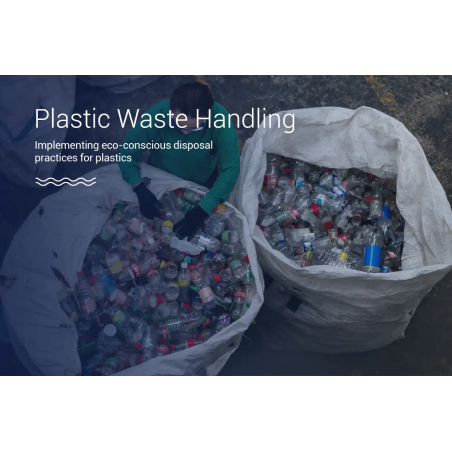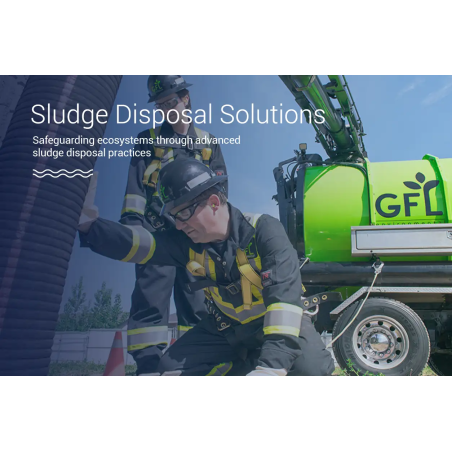Waste Disposal Services
Getting rid of waste properly is important to keep our environment clean and safe. This includes commercial waste, old electronics (e-waste), medicines that are no longer needed, and even dangerous waste that can harm us. For all these types of waste disposal, EnvMart offers services that are easy to use, safe, and follow the rules. We also make it affordable by letting you buy these services directly from the people who do the work, with free shipping and the best prices. Whether for big businesses or smaller companies, our worldwide shipping means you can get the right disposal service no matter where you are.
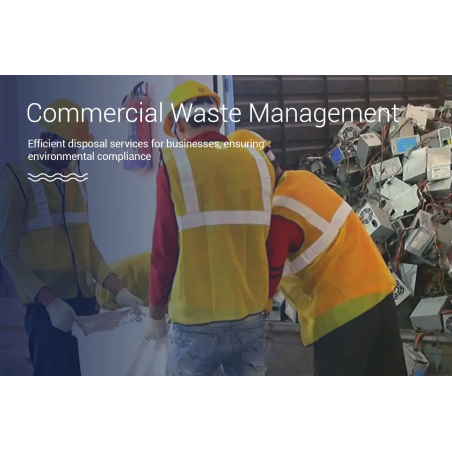 width="452" height="452"
sizes="(max-width: 452px) 100vw, 452px">
width="452" height="452"
sizes="(max-width: 452px) 100vw, 452px">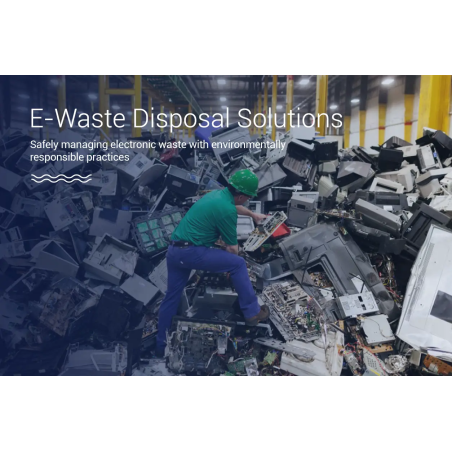 width="452" height="452"
sizes="(max-width: 452px) 100vw, 452px">
width="452" height="452"
sizes="(max-width: 452px) 100vw, 452px"> width="452" height="452"
sizes="(max-width: 452px) 100vw, 452px">
width="452" height="452"
sizes="(max-width: 452px) 100vw, 452px">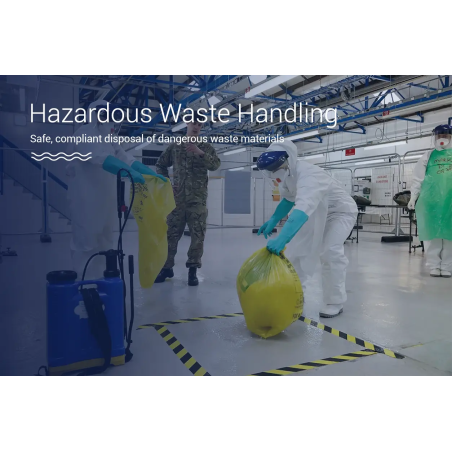 width="452" height="452"
sizes="(max-width: 452px) 100vw, 452px">
width="452" height="452"
sizes="(max-width: 452px) 100vw, 452px">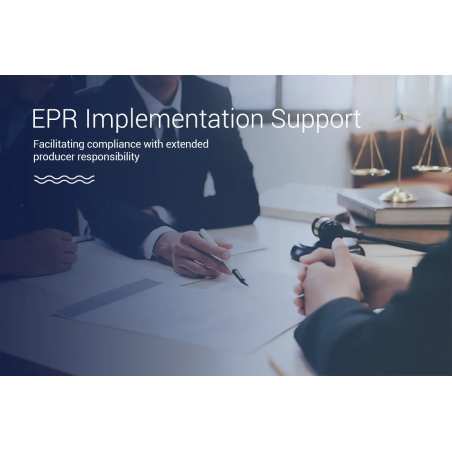 width="452" height="452"
sizes="(max-width: 452px) 100vw, 452px">
width="452" height="452"
sizes="(max-width: 452px) 100vw, 452px">